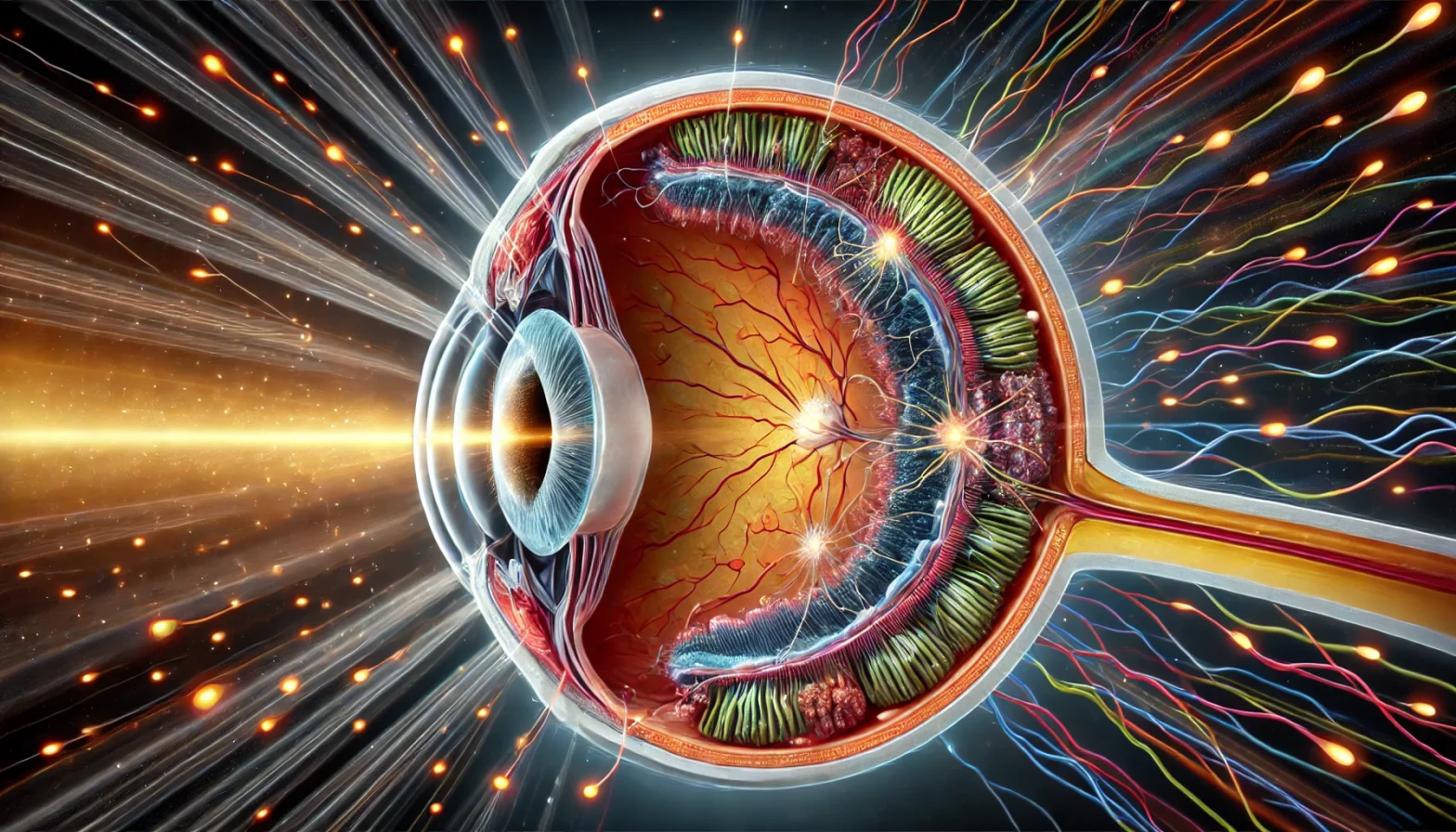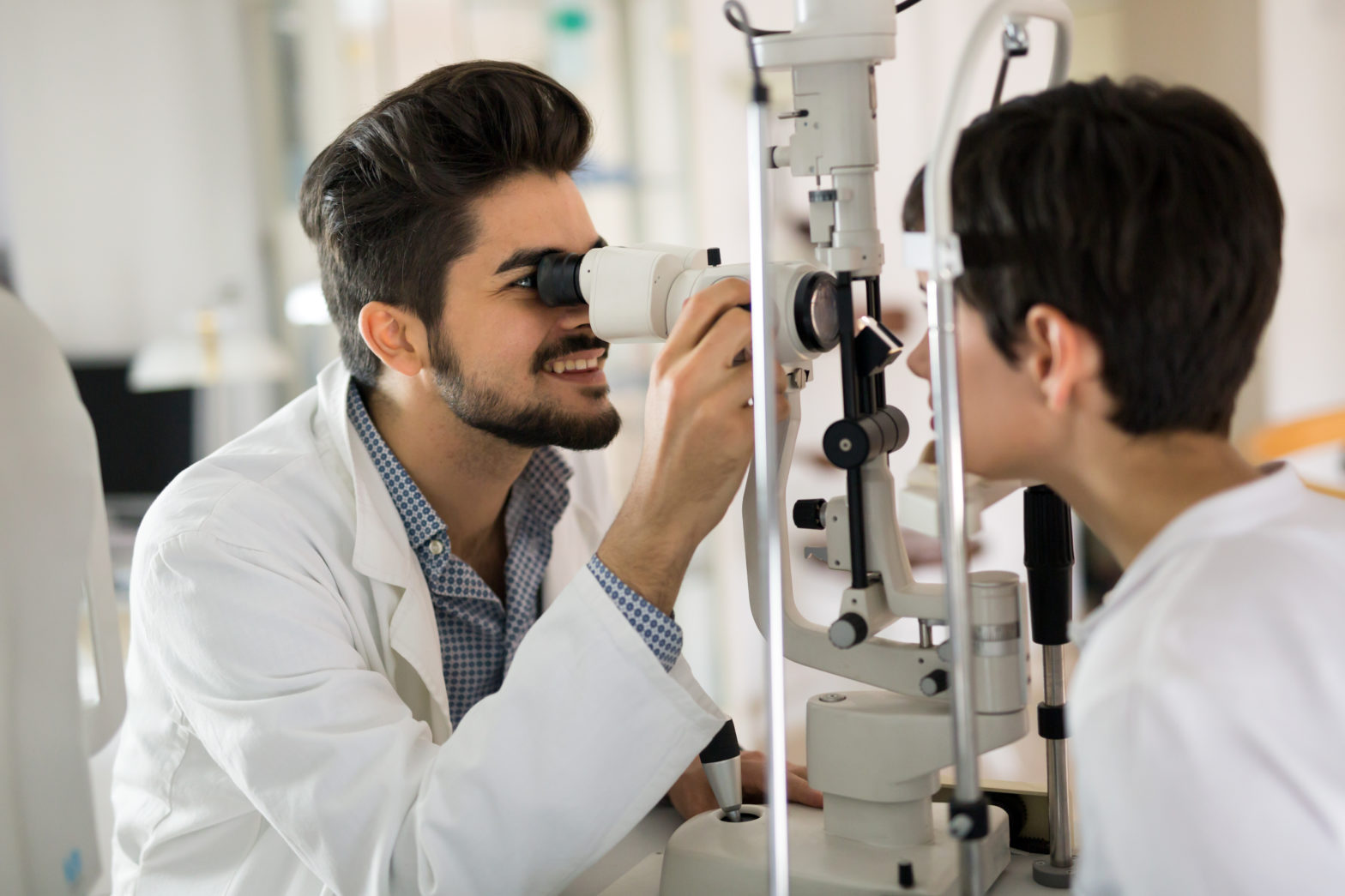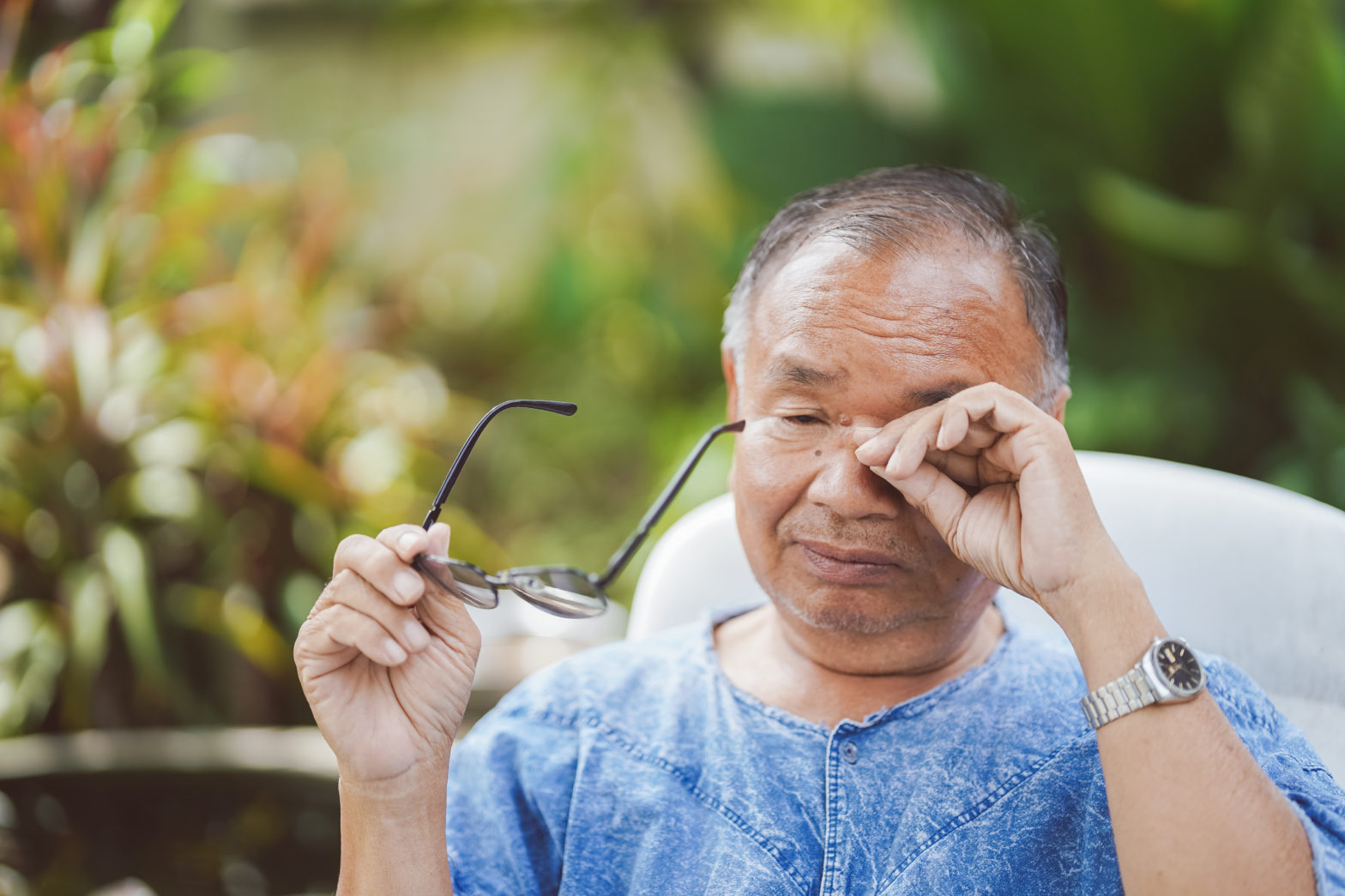Here we have compiled the top five queries that diabetics ask an eye specialist.
1. What is Diabetic Retinopathy?
Diabetic Retinopathy is a blood vessel related disorder seen in diabetic patients affecting retinal blood circulation. The retina is the photo sensitive layer at the back of the eye.
Long standing high blood sugar levels cause thickening of small blood vessels supplying blood to the retina. This results in bleeding within the retina and swelling in some cases.
These stages may be associated with swelling in center part of retinal called as macular edema. Macular edema is a major cause of blindness in diabetic patients.
Diabetic Retinopathy is not an eye disease as such. It is a complication of long standing iabetes Mellitus.
2. Do all Diabetics develop this condition?
Answer is no, there are several other factors besides just diabetes which increase your chances to have this blinding condition. These associated risk factors are hypertension, kidney disease, high cholesterol levels, obesity, smoking and pregnancy.
One of my patients recently came to me with some decrease in vision in his left eye. On a through check-up he was found to have Proliferative Diabetic Retinopathy in both eyes i.e. last stage of Diabetic Retinopathy.
On evaluation, his blood sugar levels were very high as were his levels of cholesterol. That’s why I say eye is window to many diseases. You can come to know about various diseases through eye complaints like diabetes mellitus, hypertension, hypercholesterolemia, myasthenia gravis, multiple sclerosis and many brain tumours.
3. Who is at higher risk of developing Diabetic Retinopathy?
Patients with Type 1 diabetes are at higher risk than Type 2. The risk is almost 80% after 15 years of having Type 1 diabetes mellitus. For Diabetic Retinopathy, the duration of diabetes is more of a major risk factor than the control over diabetes. If this is associated with hypertension, kidney disease, high cholesterol levels or pregnancy then retinopathy progresses faster.
4. How will I know I have Diabetic Retinopathy?
The worst thing about diabetic retinopathy is, it is absolutely asymptomatic in the initial stages. It is not associated with any complaints from patient. Complaints like diminution of vision, distortion of vision and appearance of floaters occurs in late stages of disease. By then, already a substantial damage has occurred.
5. What can be done to treat Diabetic Retinopathy?
The best way to tackle this condition is to detect it in the earliest stage and start treatment so that progression to late stages which are irreparable can be prevented. This can be done simply done by having routine annual retina check-up from the day you get diagnosed with diabetes. Treatment is much simpler in the earlier stages of Diabetic Retinopathy than in later stages when major surgical intervention is required.










